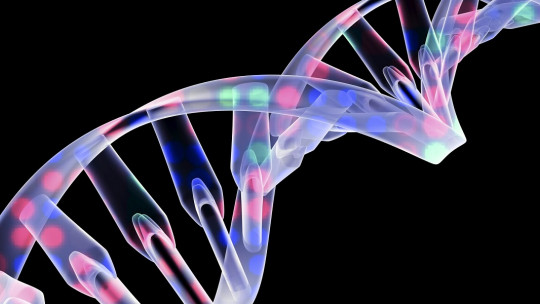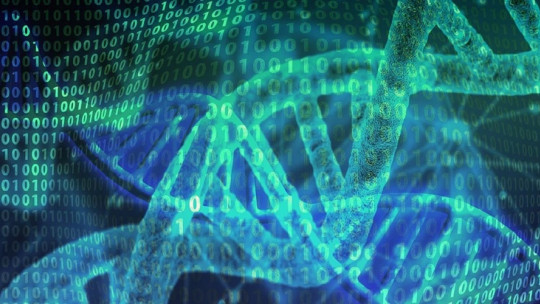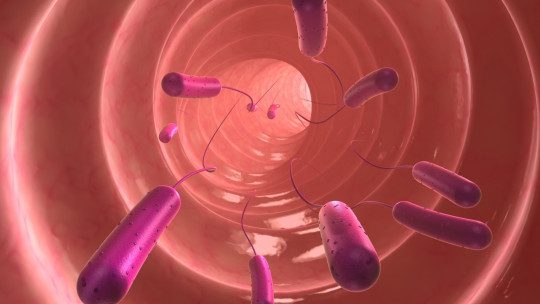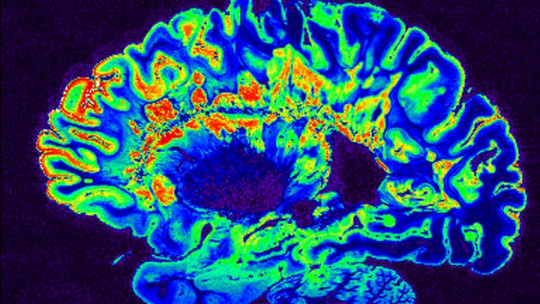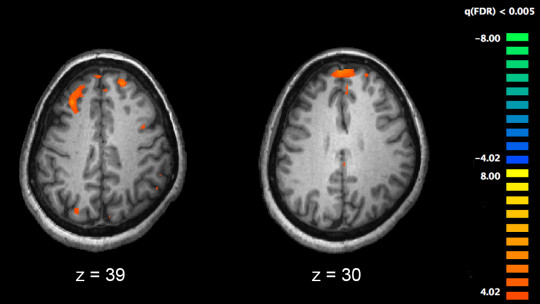
Scientists have identified a total of 42 groups of genetic variations that increase the risk of suffering from schizophrenia Contradicting the official position until yesterday, schizophrenia appears not to be a single disease, but rather to be a group of eight disorders of different genetic nature, each with its own differentiated symptomatological picture.
Schizophrenia: new evidence indicates its cause
It is known that 80% of the risk of suffering from schizophrenia is determined by genetic inheritance, but researchers have not been able to discern the genes that cause this condition.
In the latest study from Washington University School of Medicine in St Louis, the genetic influences of more than four thousand people with schizophrenia were examined, and groups of differentiated genes were discovered that cause up to eight different conditions of schizophrenia.
According to C. Robert Cloninger,
“Genes do not act on their own, but operate like a musical orchestra. To understand how they work, it is necessary to know not only the members of the orchestra separately but also how they interact.”
More aggressive in groups than separately
Dr. Cloninger and his research team matched some specific variations of genetic material in people with schizophrenia and healthy people. In some patients who suffered hallucinations or delusions, scientists investigated the genetic characteristics and matched them with the symptoms of each of them, discovering that Specific genetic alterations interact with each other, generating a 95% probability of suffering from schizophrenia Each of the eight genetically distinct disorders has its own set of symptoms.
In another group of subjects, it was revealed that disorganized language is linked to a group of DNA alterations that result in a 100% probability of developing schizophrenia.
Although individual genes are only weakly linked to the development of schizophrenia, some genetic sets interact with each other, generating a high risk of suffering from schizophrenia, between 70 and 100%, according to the study.
This data reinforces the idea that it is difficult for people who suffer from these genetic alterations to avoid the development of the disease. In total, the study discovered up to 42 groups of genetic alterations that increase the risk of suffering from schizophrenia.
New focus
“In previous research, scientists have tried to find associations between individual genes and schizophrenia,” reports Dragan Svrakic, study co-author and professor of psychiatry at the University of Washington. “Several studies identified an association and it was difficult to refute. The next logical step in research on schizophrenia was to verify that genes do not act in isolation, but rather operate together, altering the structure and functions of the brain, which causes the disease,” he concludes.
Svrakic argued that only when researchers were able to categorize the genetic alterations and symptoms of the patients into groups realized that certain groups of genetic variations act together causing specific types of symptoms.
The researchers separated the patients based on the type and intensity of their symptoms, such as their problems organizing ideas and thoughts, lack of initiative, or disconnection between emotion and thought.
The results indicated that the symptomatological profiles are the product of eight qualitatively differentiated disorders, which in turn are the result of particular genetic conditions. The researchers expressed that these new findings could change the approach to understanding the causes, genetic or acquired, of other complex non-psychiatric disorders.
Experts are hopeful that these results could lead the way toward improving the diagnosis and treatment of schizophrenia.


